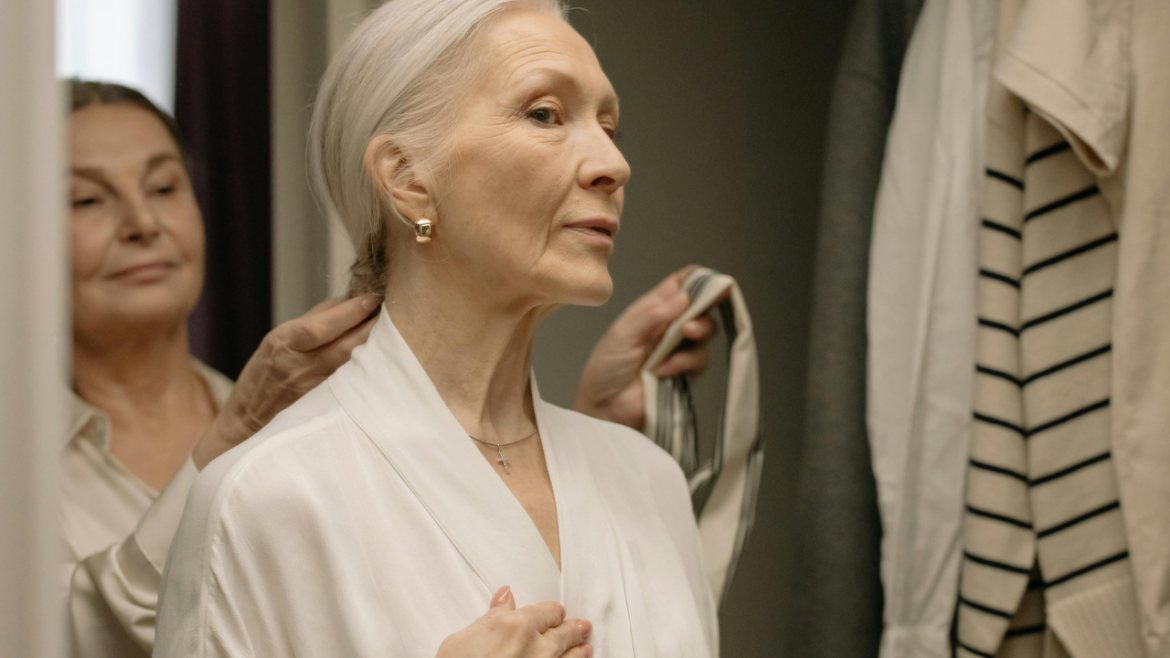Did you know that Leading Edge Senior Care has a Dementia Support Group? We meet monthly in Mesa. For more details <click here>
Benefits Of Massage Therapy For Stroke Survivors
Stroke survivors often face a long and challenging road to recovery. The aftermath of a stroke can leave individuals with physical limitations, emotional difficulties, and cognitive impairments. One therapeutic option that has gained attention in recent years is massage therapy. This hands-on approach offers numerous benefits that can significantly enhance the recovery process for stroke survivors.
Physical Rehabilitation and Recovery
Massage therapy can play a crucial role in the physical rehabilitation of stroke survivors. After a stroke, many individuals experience muscle stiffness, spasticity, and reduced mobility. Massage therapy helps to alleviate these symptoms by improving blood circulation, reducing muscle tension, and promoting relaxation. Through techniques such as deep tissue massage and myofascial release, therapists can target specific areas affected by the stroke, enhancing flexibility and range of motion. This, in turn, aids in the overall recovery process and improves the survivor’s ability to perform daily activities.
Furthermore, regular massage sessions can prevent the formation of pressure sores, which are common in individuals with limited mobility. By stimulating blood flow to the skin and underlying tissues, massage helps maintain healthy tissue integrity. This preventive measure is especially important for stroke survivors who may spend extended periods in bed or seated, as it reduces the risk of complications that can arise from immobility.
Pain Management
Pain is a common issue for many stroke survivors. Neuropathic pain, in particular, can be debilitating and difficult to manage. Massage therapy offers a non-pharmacological approach to pain relief. The gentle manipulation of muscles and soft tissues can trigger the release of endorphins, the body’s natural painkillers. This can significantly reduce pain levels and improve the overall quality of life for stroke survivors.
Additionally, massage therapy can help to address secondary pain issues that arise from compensatory movements. For example, if a stroke survivor experiences weakness on one side of their body, they may overuse the other side, leading to muscle strain and discomfort. Massage therapy can alleviate this secondary pain by targeting overworked muscles and promoting balanced muscle function.
Emotional and Psychological Benefits
The emotional and psychological impact of a stroke can be profound. Feelings of anxiety, depression, and frustration are common among stroke survivors as they navigate the challenges of recovery. Massage therapy offers a holistic approach to addressing these emotional and psychological issues. The therapeutic touch provided during a massage session can foster a sense of connection and comfort, helping to alleviate feelings of isolation and loneliness.
Moreover, massage therapy promotes the release of neurotransmitters such as serotonin and dopamine, which are associated with mood regulation. Increased levels of these “feel-good” chemicals can help reduce symptoms of depression and anxiety, enhancing the survivor’s emotional well-being. The relaxation induced by massage therapy can also improve sleep quality, which is often disrupted in stroke survivors due to stress and discomfort.
Cognitive Function and Neurological Benefits
Emerging research suggests that massage therapy may have positive effects on cognitive function and neurological health. The improvement in blood circulation and oxygenation of tissues facilitated by massage can enhance brain function and promote neural plasticity. Neural plasticity refers to the brain’s ability to reorganize itself by forming new neural connections, which is crucial for recovery after a stroke.
By stimulating the peripheral nervous system, massage therapy can also help to improve proprioception and body awareness. This heightened awareness can be beneficial for stroke survivors as they relearn motor skills and regain control over their movements. Enhanced proprioception can lead to better coordination and balance, reducing the risk of falls and further injuries.
Enhancing Overall Well-being
Massage therapy’s holistic approach addresses the physical, emotional, and cognitive aspects of recovery, making it a valuable component of a comprehensive stroke rehabilitation program. By alleviating physical discomfort, reducing pain, and improving mood, massage therapy contributes to an enhanced sense of overall well-being. This improved well-being can motivate stroke survivors to engage more actively in other rehabilitation activities, such as physical and occupational therapy, leading to better long-term outcomes.
In conclusion, the benefits of massage therapy for stroke survivors are multifaceted. From physical rehabilitation to emotional support and cognitive enhancement, massage therapy offers a holistic approach to recovery. Incorporating regular massage sessions into a stroke survivor’s rehabilitation plan can significantly improve their quality of life and facilitate a smoother, more effective recovery journey.

